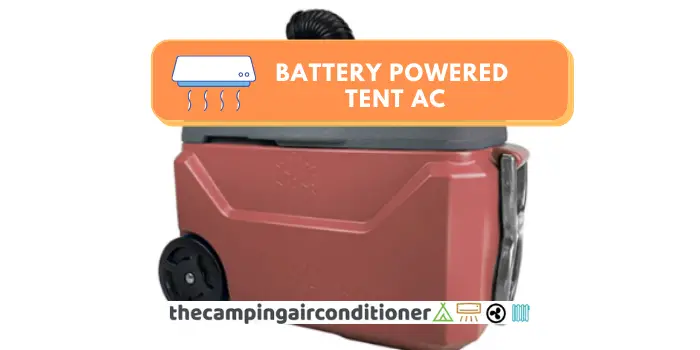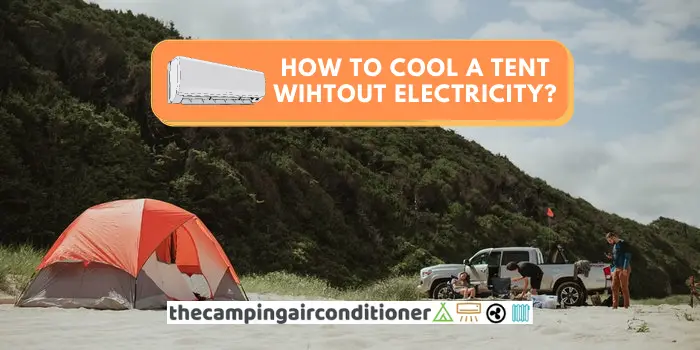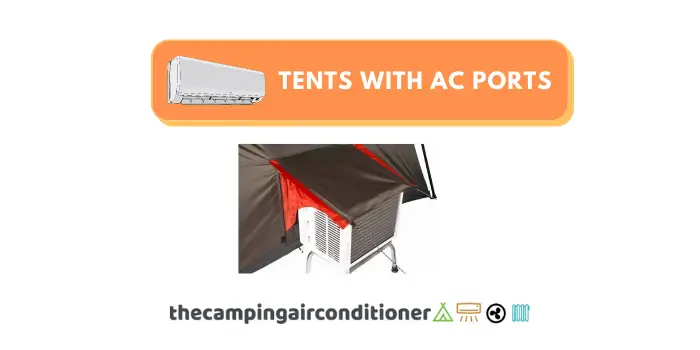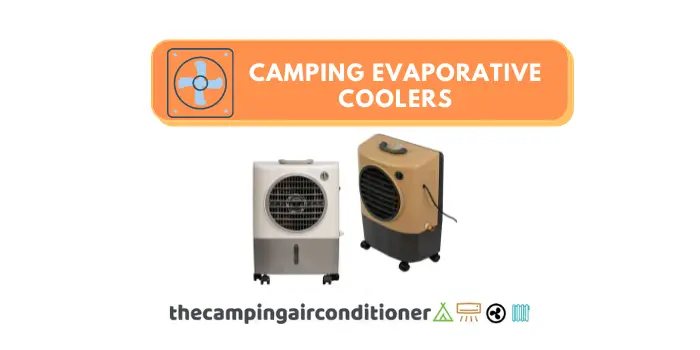Summer is the preferred camper’s preferred season – you can make the most of long and shiny days! However, humidity and temperature can significantly impact your camping experience.
If you are planning your next trip, you might be wondering: how humid is it humid for camping? How hot is it too hot for camping?
Humidity and temperatures walk alongside when it comes to raising potential risks for campers in summer. This article will detail these risks and tips to go camping in humid weather.
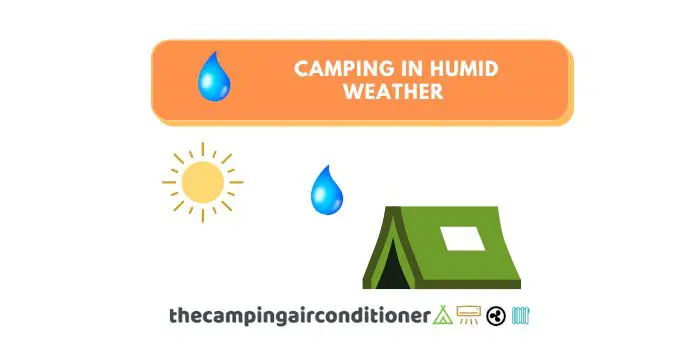
How humid is too humid to camping?
Relative humidity levels above 50% are already considered uncomfortable, with percentages above 70% being considered dangerous.
However, we need to fully understand the wet-bulb temperature concept to answer this question. It is a theoretical measure that combines humidity and temperature into one value.
What is the wet bulb temperature?
The wet-bulb temperature is a theoretical measure that combines humidity and temperature into one value. Its measurement occurs by wrapping a wet wick around the bulb of a mercury thermometer and measuring what temperature it reaches (simulating humidity levels at 100%).
We regulate our internal temperature via internal mechanisms, which include sweating. If our body is exposed to environments with high humidity levels, our sweating capacity and our body’s ability to cool down with air will be highly impacted.
As a consequence, within environments with high humidity levels, our organism will struggle to regulate temperature, and you might experience some symptoms, which include:
- Feeling dizzy or light-headed
- Having a dry throat
- Severe headaches
- Fatigue
- Muscle cramps
The maximum wet-bulb temperature that a human body can tolerate is 95-degrees Fahrenheit, and (wet-bulb) temperatures above 86°F are already considered dangerous.
Camping in humid weather - 7 tips for your next camping trip
We wrote a bunch of measures that will help you tent camping in humid and hot conditions, such as:
- #1 – Drink plenty of water to avoid dehydration. Hot and humid weather will make you sweat more and lose more water, which needs to be refilled.
- #2 – Eat refreshing foods, such as fruits and salad. Options like Watermelon and pineapple are a good idea since they have more than 90% of water in their composition.
- #3 – Use loose and light-coloured clothes. Preferably, use cotton pieces to retain less heat and keep maximum ventilation.
- #4 – Similarly, canvas-cotton tents are a great alternative, given this tent fabric comes with the highest levels of breathability.
- #5 – Ensure there is plenty of ventilation in your tent. The more air circulation, the more water vapour and moisture will be carried away, decreasing the humidity levels. You can also use a solar-powered fan to increase ventilation!
- #6 – If possible, use a tent air conditioner with dehumidifying features (most devices come with it today).
- #7 – Avoid long hikes and strenuous exercises during humid and hot conditions.
Note: camping evaporative coolers will likely NOT be efficient on humid days – if you want to understand why read this article.
FAQ
Why do tents get so hot?
Overall, tents tend to get hot because of:
- Excessive sun exposure (Pitching your tent in the wrong spot and at the improper time)
- Lack of air circulation / ventilation
- Incorrect insulation
- Incorrect use of rainfly
- Tent’s size and material
If you want to read further information about it, read this article.
Can you use a dehumidifier in a tent?
Yes, there are a lot of portable options that can be used in a tent, such as this mini battery-powered version.
Alternatively, you can also use small charcoal blocks – they will absorb moisture from the air and decrease humidity.
How to camp with a baby in hot weather?
Babies are susceptible to hot and humid conditions because their internal temperature control mechanisms are not fully developed until they are 2 years old.
Some tips to camp with a baby in hot weather are:
- Ensure your baby is hydrated
- Choose a suitable campsite
- Bring adequate camping gear, including baby camping gear.
- Insulate your tent for summer camping
- Stay inside and avoid the baby’s sun exposure
- Give them a bath.
If you want to check further details about each tip and how to implement them, read this article.
Conclusion
Camping in hot weather with high humidity levels can be challenging, but hopefully, you will do it successfully with the tips shown above.
Before leaving for your next trip, make sure that you check the weather forecast and bring the appropriate camping gear. If humidity levels are above 70%, it might be worth cancelling your trip or bringing specific gear, such as a tent dehumidifier or a camping AC to help you tackle heat waves.
Have a safe and cozy camping trip!

